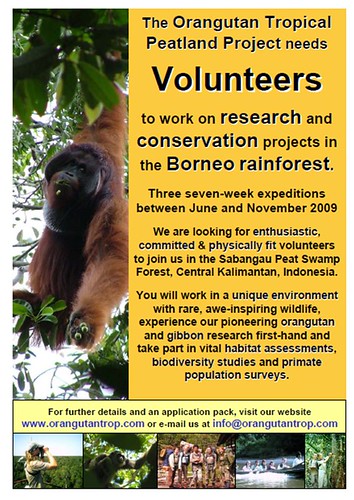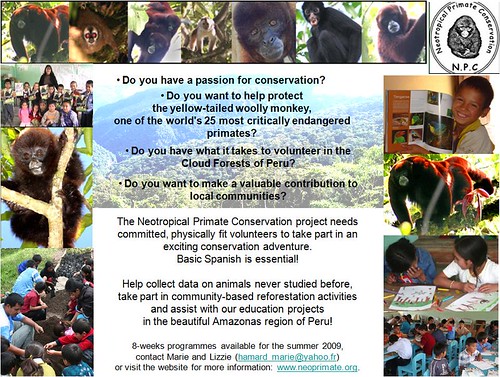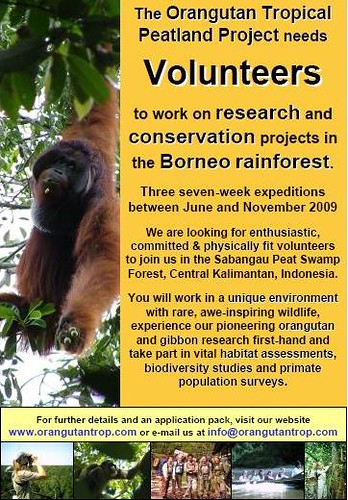Please help us find a web designer/design company to join the Films4Conservation team. To this end we ask that our friends forward this email on with the hope that somewhere a designer spots the volunteer job they have been dreaming of.
!Health Advisory! This is NOT a paid position… yet. We hope to attract core funding for the Films4Conservation initiative, but we need to get the website in slightly better shape before we submit funding applications. Therefore we are looking for web designers who are interested in our goals and share a willingness to dedicate time to volunteering their skills and knowledge.
WANTED : Web Design Genius
Project: Re-design the Films4Conservation www.films4.org
Brief: incorporate cutting edge video technologies, innovative design and user friendly experience into a first class website that can act as a one-stop-shop for social and environmental videos. The site will also act as stepping off point to learn more about issues and the organizations who are driving campaigns.
ABOUT US
Films4Conservation is a collaborative non-profit initiative bringing together activists from social and environmental groups, and helping them get their message heard at a national and international level. We aim to inform and entertain whilst using video to effect real change; firstly a change of perceptions, secondly a call to action, and third a pro-active change in policy.
Films4Conservation currently has a strong focus on South East Asia, due to the field experience of the members of the network. We hope to expand this with new member with different experiences.
The initiative coordinators won the FFC Conservation Filmmaker of the Year 2007 at Jackson Hole, and the current incarnation of the website won the Ramin Award at Wildlife Asia Film Festival 2007.
Films4Conservation is a network that includes both individuals and organizations, our aim is to continue to build the network, whilst using the site as a hub to maintain dialogue between the members.
We hope to build on this success with new team members with different skills.
ABOUT YOU
We are looking for people who want to make a difference in the realms of social and environmental justice. Our team currently includes filmmakers and activists, we need skilled web designers to broadcast our message via the internet.
We are looking for people who love what they do, but wish that they could use their skills to help when it comes to pressing social and environmental issues. We are looking for team players who can think creatively, and engage in discussion with colleagues who are less web-savvy.
TECH SPECS
Integration: Seemlessly intergrate website with the Dailymotion video platform including the new HD player, provide video feeds for various podcast viewers e.g. Miro, exploit Flickr photo galleries, and (potentially) existing blogs.
Bandwidth: Our current plan is to use the Dailymotion HD player, so video bandwidth will be provided free, and there will be that additional catchment provided by our current success of getting our films featured on Dailymotion’s homepage.
Useability: The site should not only be easy to use for the site visitors, but the member of the Films4Conservation network should be able to add content with ease. The site will require that different users have different levels of access to modifying content and posting in certain areas.
Compatibility: Site must be viewable by at least 90% of browsers – so must be compatible with Internet Explorer, Firefox, Safari, etc.
Promotion: Build in simple tools that encourage users to share content they find on the site, subscribe to feeds, blog about us, link to us, etc.
Search Ranking: Work on building our ranking on the search engines.
CONTACT US
nick@films4.org
www.films4.org






